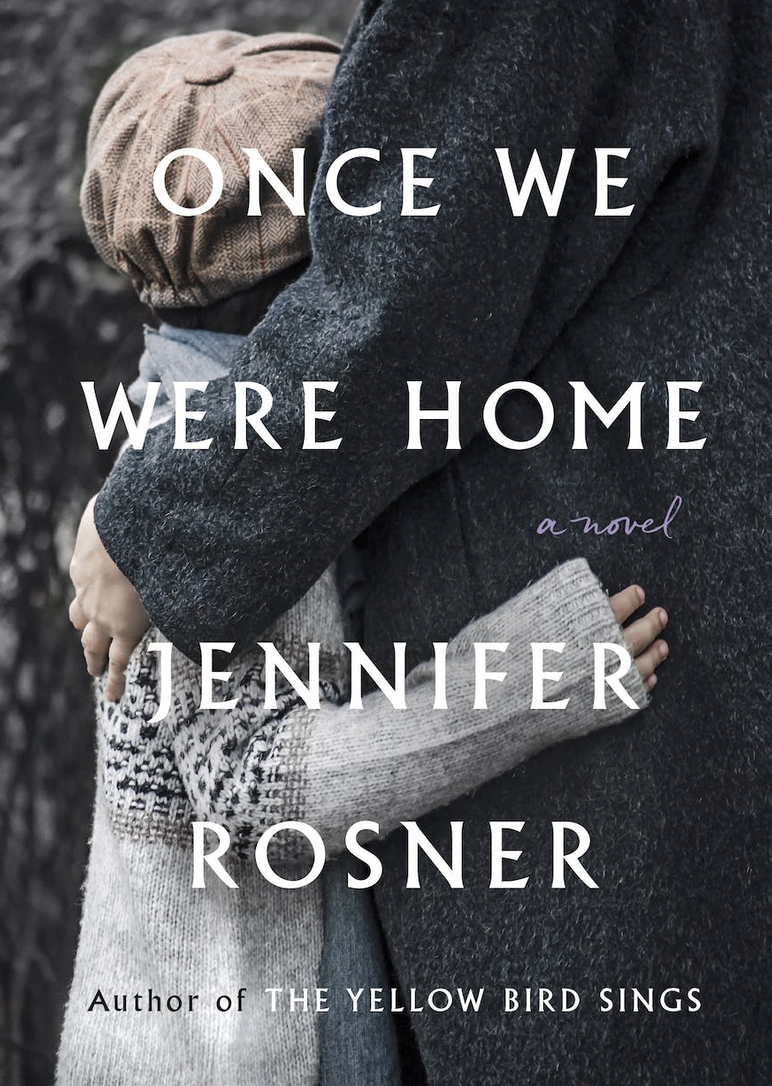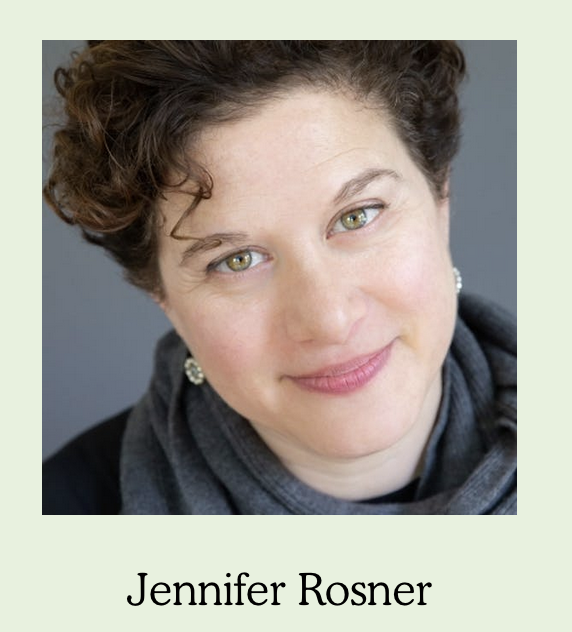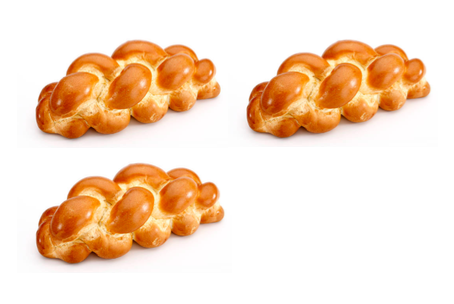Hidden Children Returned to a Home They Never Knew – Once We Were Home
By Sue Weston and Susan Rosenbluth – Two Sues On The Aisle
When your past is stolen, where do you belong? This is the question Jewish children raised by Catholic families during World War II faced. Jennifer Rosner wrote Once We Were Home to explore the effect on these children, who were lovingly placed in safe homes by parents desperate to save them, never to be reunited. Rosner’s inspiration came from an interview with a woman responsible for the “redemption” of Jewish children after the war. She described her work as akin to kidnapping, locating hidden children, removing them from the families who raised them, and securing their passage to Palestine. While ‘reclaiming’ hidden children was necessary for the future of Judaism, it removed these children from the only homes they had known.
Once We Were Home provides these children a voice.
Twist from the Traditional Plot
Traditional Holocaust stories focus on evading capture. They would view the difficult decision to ‘temporarily’ place children out of harm’s way as a success. Rosner is not so sure. Her book explores the impact this deception had on the children, many of whom were too young to remember their birth families. Children lucky enough to be placed in loving protective families inevitably form a strong bond with the adults who raised them. These connections supersede their ties with their Jewish past, especially after the children were converted. While conversions allowed them to blend in, they weakened ties to their Jewish identities.
Once We Were Home tells the story of several hidden children. Roger raised in a French monastery, hidden at age three, has no memory of his birth family. Siblings, Mira Kowalski (renamed Ana) and baby brother Daniel (renamed Oskar) are cared for by a Christian couple. Ana remembers being smuggled out of a Polish ghetto. She longed to be reunited with her mother but was old enough to understand the situation.
“You will call me Ciocia Agata. And I will call you Anastazja. This will be your name from now on, and your brother will be Oskar. These are the names of my sister’s children, my niece, and my nephew. We’ll say you’re here because my sister, Jadzia, is ill. You mustn’t, under any circumstances, use your other names. You’re here to be kept safe. Do you understand?”
The war and the need to stay hidden lasted longer than anyone expected leaving these children with their surrogate families where they developed strong emotional ties and a sense of belonging. Everything was upended after the war. The children are taken to be reunited with their extended families, people they never knew.
Was it fair to tear these children from their homes, and return them to Jewish relatives? The impact was traumatic for the children and the families who cared for and protected them.
The last child Renata was raised by her mother but discovers long-hidden paperwork after her mother’s death which challenges her understanding of her heritage.
Perspective
Rosner redefines family, exploring the difference between parents and protectors. As these hidden children uncover their lineage, some are interested in connecting with their past. Others have only developed emotional connections and memories with their Christain families. These memories form a permanent bond. “What is a mother if not a nesting box?” concentric interconnected protective layers, each acting in the best interest of the children.
Although the children were welcomed by extended family members who were anxious to take them in, there is no happy reunion as their parents have perished in the war.
Advances in DNA testing make finding familial connections more common, which may lead to the discovery and reunion of ‘hidden children’ with their biological families. For some, there may still be a strong connection to Judaism. This reflects Roger’s experience, raised Catholic, but after connecting with his aunt’s family in Israel he took his Hebrew name Rami.
The desire to return to one’s roots is powerful, the need to belong is a universal desire, and so is the desire to protect your children. Once We Were Home deals with these conflicts, and how they influenced the children as they grew to adulthood.
The Best Intentions
Once We Were Home connects stories of children hidden during World War II and the adults entrusted to care for them. The novel raises questions of responsibility, belonging, and identity while exploring what it means to find a home. Consider the expression ‘Home is where the heart is’. Home is a physical and emotional place built on a foundation of love, warmth, and happy memories. For hidden children home includes understanding their heritage, balanced with the love they developed for the adults who cared for them, and became their family.
*******
Two Sues on the Aisle bases its ratings on how many challahs (1-5) it pays to buy (rather than make) in order to see the play, show, film, book, or exhibit being reviewed.
Once We Were Home -received a three Challah rating








